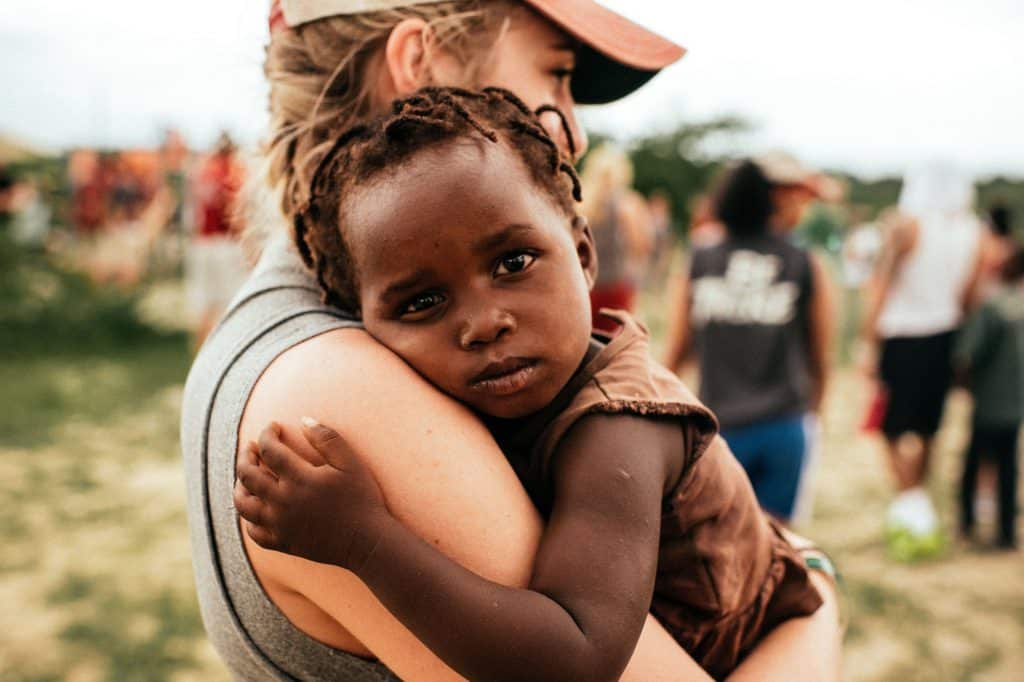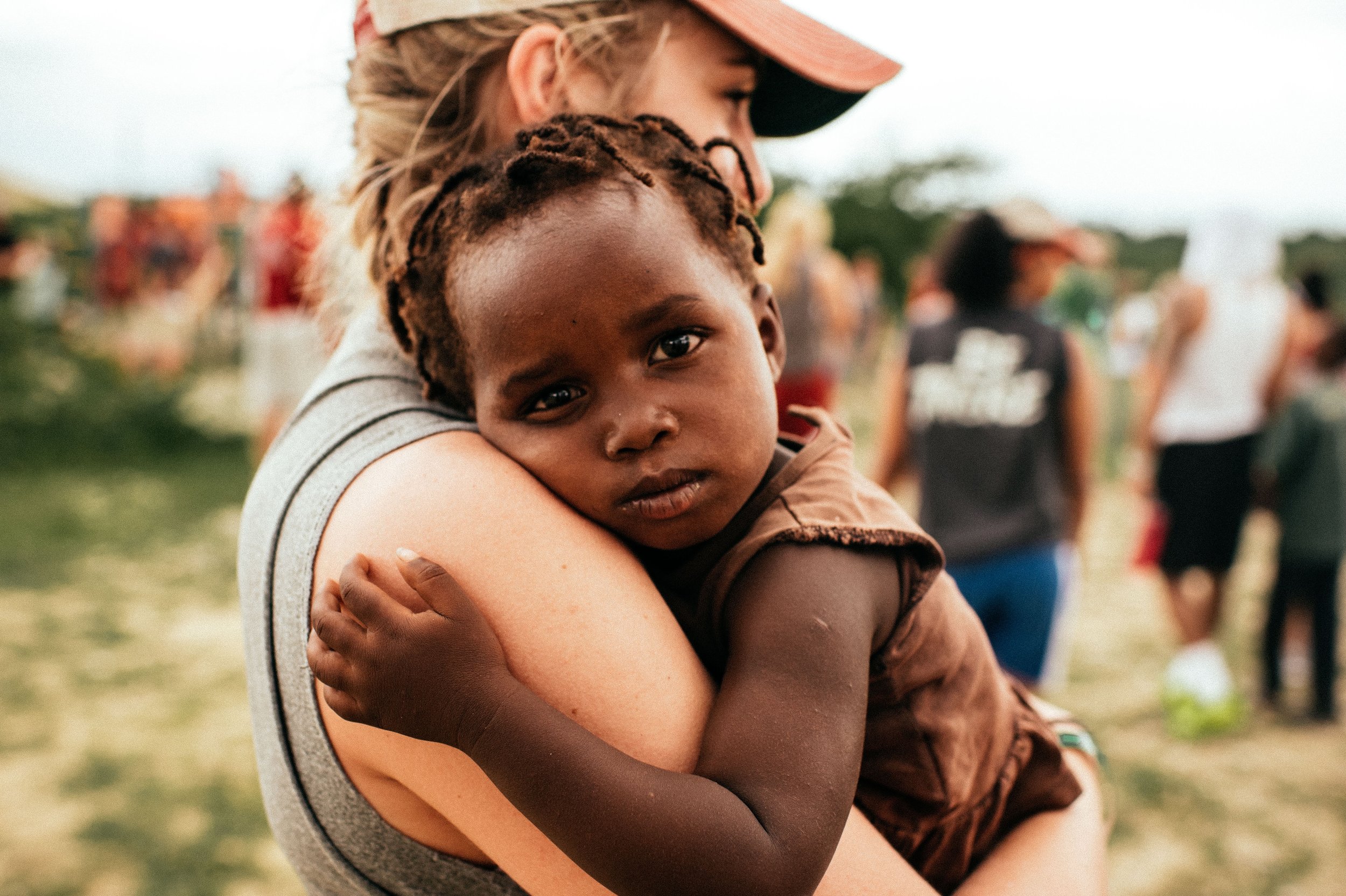
Tales of a missionary kid on an American college campus
Photo courtesy of Unsplash
Megan Conley, Editor-in-Chief
The story is from the fall issue of our sister publication, The Vision Magazine. To read more stories from that issue, click here.
The sun is beating down on the back of her neck as she pushes through the crowd. She looks for the familiar face she’s seen every day for her entire life. The sound of unfamiliar Pular words reverberate in her ear as she promptly attempts to translate the language of the land she calls home. A strong, potent odor fills the air as the villagers hustle around, selling their wares. Local vendors are waving around fruits and jewelry, urging passersby to stop.
Then, finally, she sees her: her older sister standing with her mother, talking to one of the local women. She smiles at the familiar faces she knows, and rests on the fact that here, in Guinea, she is home.
Fast forward to today, and the bustling marketplace can be exchanged for Todd Dining Hall, while the constant shouting in Pular has become students complaining in English about their 8 a.m. classes.
For Sarah Catherine Pepper, this was the major shift she experienced when she began her freshman year at North Greenville University in 2015. She went from living with her parents in Guinea to living with thousands of other students in Tigerville, all in the matter of a few weeks. Many would call Sarah a missionary kid, or MK for short, which she doesn’t mind; it’s part of who she is. However, it’s also her time spent as an MK that makes her unique. Coming to college wasn’t just packing up her car on move-in day. It was a lot more than that.
The change from living on the mission field to learning about the mission field in class is one that wasn’t necessarily easy, but, the help of her parents made the transition a little easier.
“Freshman year, I came with my family and they were here for a month and a half on extended leave. They were here for the first two weeks of school, so they were able to take me shopping for things I would need for my dorm,” she explained, “and for winter clothes,” she continued, laughing. Winter clothing was something totally foreign to Pepper before she ventured to Tigerville.
One of the major cultural differences, Pepper states, was how relationships are formed. Growing up with only one other English-speaking family within a 200- mile radius narrowed down the options for these friendships she had as a child.
“Establishing friendships, to me, I’m used to being forced, like ‘this is your friend.’ That was hard at first, being intentional in choosing who I’m going to spend time with,” she said.
Ruth Houser, whose family served in Nigeria, can also relate to the cultural differences she experienced when coming to NGU. One of the most profound, she states, was simply the way individuals from different cultures think.
“A lot of me is still in culture shock. I have a hard time identifying with what Americans identify with because I didn’t grow up here. Even though I’m ‘Americanized’, I didn’t grow up here, so it’s an adjustment learning how to relate,” said Houser.
But it is also simple things, like Walmart.
“The whole grocery store thing is still pretty overwhelming for me. We had stores in the capital city and we would go and we would shop and buy in bulk because we lived 12 hours away. It’s a different kind of store and there’s so many options and you’re like ‘who even needs this many different kinds of toilet paper’,” Pepper joked.
The adjustment of being thrust into another culture suddenly is one that is never easy, for the child of a missionary or someone transitioning to serve on mission themselves. But, for Sarah Catherine Pepper and Ruth Houser, the transition is simply new opportunities.
So as the walk together along the sidewalks of North Greenville University, the sound of their shoes reverberating off the brick pathway, their hearts will always be miles away. The bookstore sweatshirts are no substitute for the bright cloth and exotic finds of a foreign market, which will always be home.

